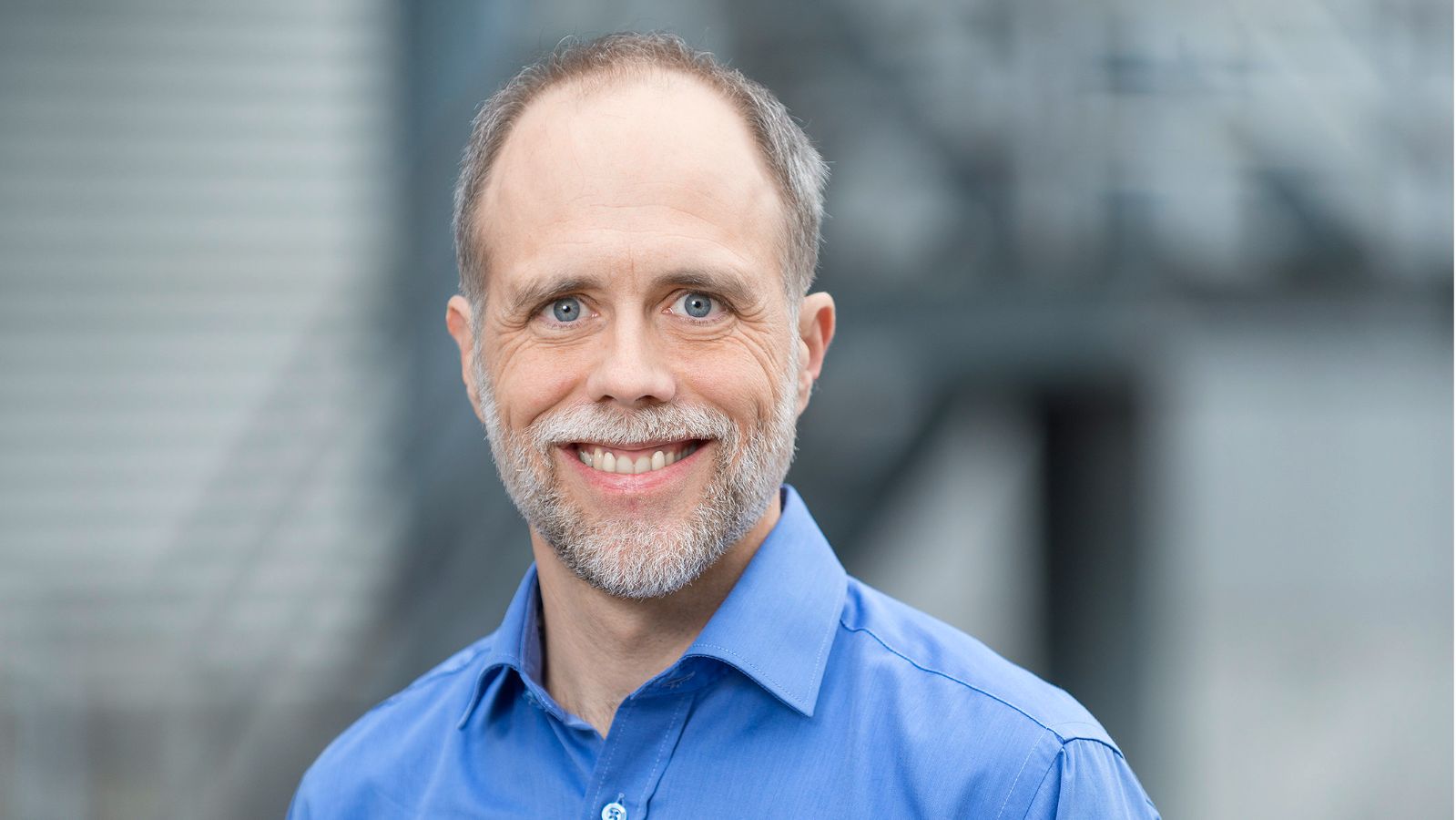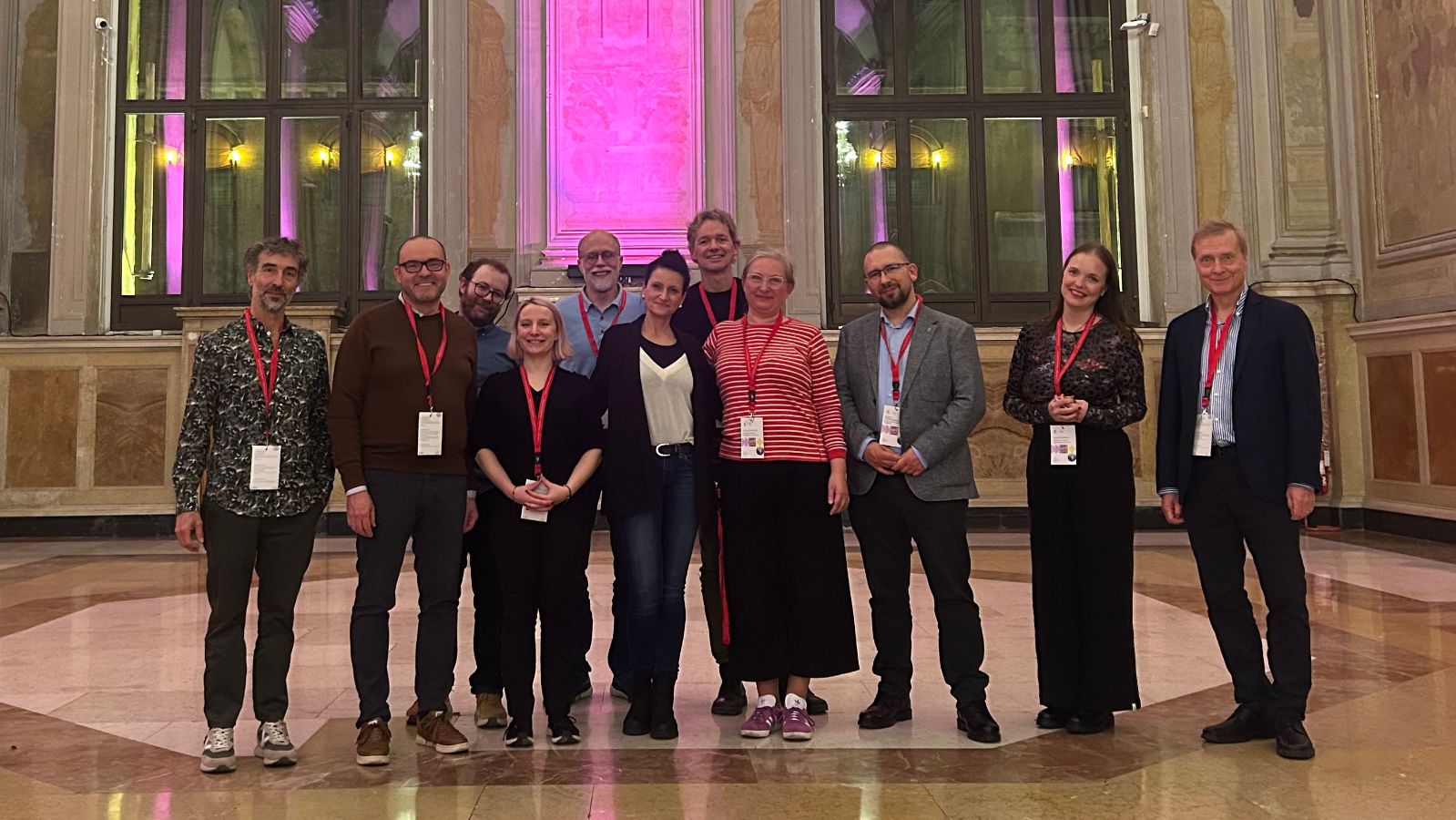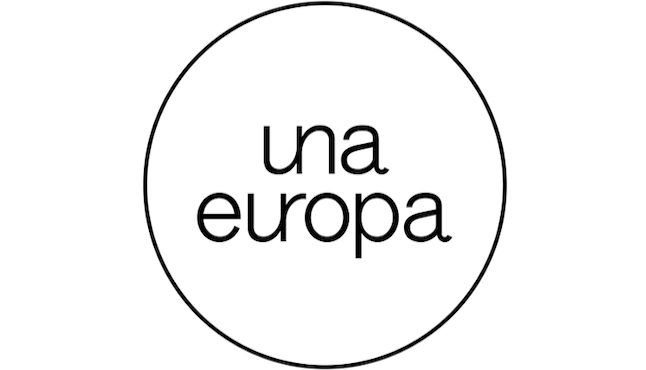Una Europa Testimonial: Reinhard Furrer
Question 1: You have been actively involved in several Una Europa initiatives, including the Una Europa Module Exchange in DSAI. Could you please tell us more about them?
Yes, I am involved in a couple of Una Europa initiatives. Notably in the Una Europa Module Exchange and the MOOC AI in Society initiatives. I tend to focus on doing a few things intensively rather than spreading my resources too thin.
With the Una Europa Module Exchange in DSAI, we’re starting a new format. This format allows students from different participating Una Europa universities to take specific modules at another partner university, for example, at UZH. It’s a way an exchange program for single modules, where modules and study programs are matched across Una Europa participants. The official announcement for registration came out on May 5th. Currently, we’ve set up everything for the fall semester 2025 but ideally, we want to offer this exchange opportunity continuously. Of course, details will appear that need to be resolved. Nevertheless, I am optimistic for the fall semester and, further in the future, I am hopeful that more modules, programs, or even Una Europa universities will join.
Secondly, I am in the management committee of the MOOC AI in Society, which originated in Helsinki and runs since several years on their internally developed Learning Management System. It already contains components from other Una Europa universities, the UZH will contribute a component on disinformation.
Question 2: What has been your specific role in the Una Europa Module Exchange in Data Science and AI initiative?
Well, I was mainly responsible for coordinating things on the academic side, talking to my DSAI colleagues about program structures, module content, teaching formats etc. Additionally we discussed legal requirements of an Una Europa agreement vs the necessary flexibility we need as professors for operating such an exchange program. Besides the academic discussions a lot of internal processes had to be navigated, especially details of the admission procedures, credit transfer and other reglementary constraints. For this part, my colleague Annika Silberstein’s expertise and her excellent connections across the various administrative units as well as other stakeholder groups - knowing exactly whom to approach for legal matters or specific questions - were invaluable.
Question 3: What makes the initiatives you work on within the Una Europa context particularly important for your teaching and research activities? How can Una Europa’s broader goals and vision of a ‘University of the Future’ benefit teaching and research at UZH?
The Una Europa Module Exchange in DSAI is important for me personally because it allows us to connect in new ways. Students and staff can experience different academic cultures, different teaching formats, and even different ways of handling the same content. My institute at UZH is about to introduce a new bachelor program in Mathematical Modeling and Machine Learning and the inter- and transdisciplinary exchanges I had within the Una Europa network have been very inspiring and eye-opening in view of this experience of creating a new program.
On a broader level Una Europa is about building bridges for me. We shouldn't focus too narrowly on our own country. It's important that we go out and build a solid teaching and research network within Europe. A bit pathetically put, I think we need to stand together against the winds that come from East and West. And finally this alliance shows that we are not isolated in Switzerland, we indeed are a part of Europe, and Europe accepts us just as we accept Europe. That’s really at the heart of it.
Question 4: As a SSC member of the Data Science and Artificial Intelligence, what has been a personal or professional highlight for you so far? And what have been some challenges you have faced?
Next to bringing Una Europa Module Exchange alive, I think the community events like the general assemblies or internal gatherings were definitely a highlight. They are important, not only for the network between universities but also for networking within our own institution. It’s valuable to see how other professors work in their SSCs and how they engage.
And regarding challenges, my lack of detailed knowledge of internal administrative processes, especially around admissions, became embarrassingly apparent. I am really grateful for the learning experience I had in this respect.
Question 5: Looking ahead, how do you see the Una Europa Module Exchange in DSAI and UZH’s involvement in other SSC DSAI initiatives developing, and how can the Una Europa alliance further support teaching and research staff at UZH and partner universities?
We want to let the Module Exchange run for a semester to see how it works, address the teething problems, aiming to make it a regular exchange opportunity and possibly create a package or a manual for other groups or clusters. Some programs are interested but are waiting to see results, but at the moment consolidation is key. More broadly, continued collaboration within Una Europa is essential - not just politically but also practically - to stay connected, share ideas, and highlight the value of European cooperation in higher education. This alliance helps to ensure that both teaching and research staff at UZH and partner universities benefit from joint initiatives, mobility, and shared expertise.



